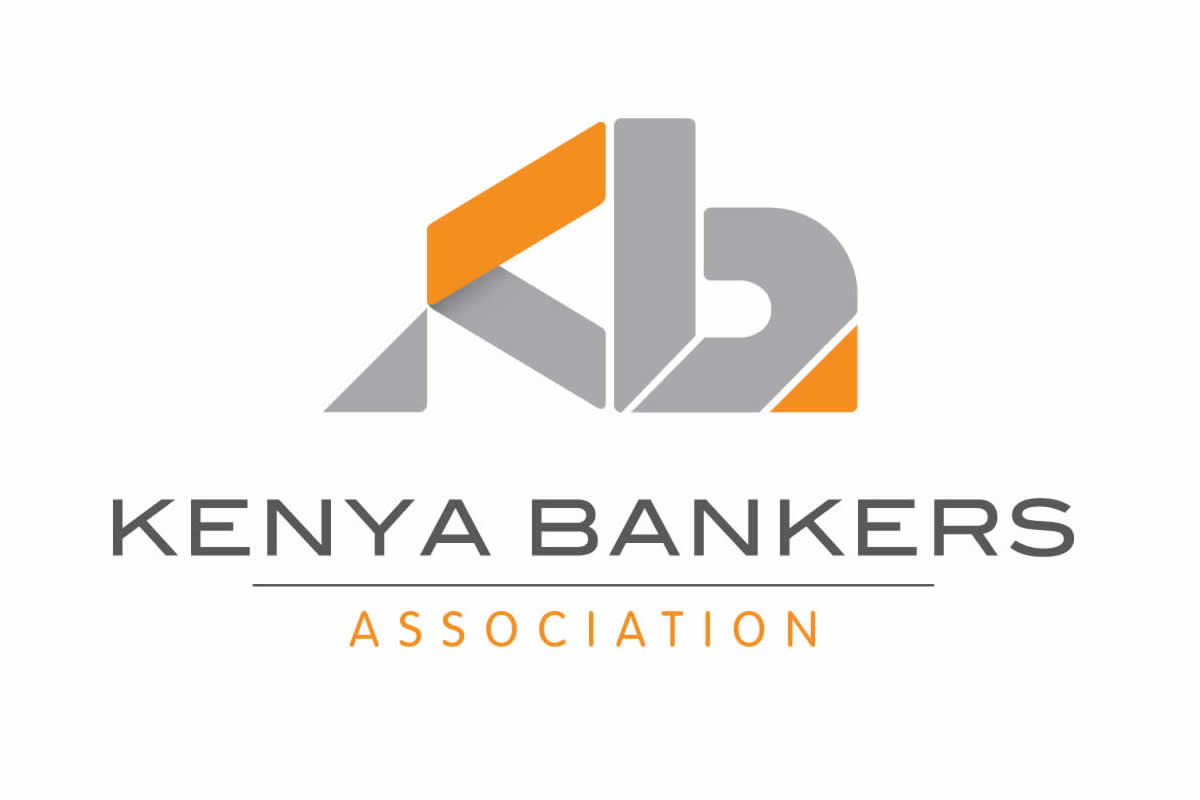- Banking Industry recognises Catalytic Finance that Impacts Industry, Economy and Society
Nairobi, October 5th, 2016… Kenya Bankers Association (KBA), the umbrella body of the banking industry, today held its inaugural Sustainable Finance Catalyst Awards, for banks and other financial sector players that have demonstrated leadership and innovation in balancing the quest for financial returns with the diverse priorities within the sustainable economic, social and environmental context.
The awards themed: “Recognising Catalytic Finance that impacts industry, economy and society” sought to recognize banks and other financial sector players that drive sustainability by embedding it in their core business operation strategy and governance structures. The awards also emphasized the role of KBA as a driver of empowering institutions to be innovative in making sustainable business decisions that create long-term value for customers.
The award ceremony was graced by Capital Markets Authority (CMA), Chief Executive Officer, Mr. Paul Muthaura, who highlighted the awards aim of recognizing banks and other financial sector players in their quest at balancing their immediate business goals with the economy’s future priorities and socio-environmental concerns.
“Today’s awards are a symbol of yet another stride that the sector has taken to recognize concrete and practical steps institutions are taking to deliver an efficient, profitable and green economy. I therefore congratulate all the participants for their proactive and leading role to these ends.”
The Award categories include:
- Best Practice in Sustainable Finance;
- Sustainability Through Policy & Governance;
- Client Case Study – Financing Micro, Small & Medium-Sized Companies;
- Client Case Study – Financing Commercial Clients; and
- Bank Case Study – Bank Operations & Policy.
The Chief Executive Officer of the KBA, Mr. Habil Olaka, reiterated the importance of reinforcing the role institutions play towards sustainable development and their ability to contribute further business success through leveraging the recognition to attract clients and partners.
“As an industry, we have continued to develop strategies that ensure sustainable growth, innovation and efficiency to the benefit of the banking public. That said, we recognize the financial sectors’ commitment towards the investment of emissions reduction; energy access and efficiency; renewable energy; increase forest cover; green building and urban planning; and climate change mitigation. We also recognize banks and other financial sector players’ initiative in sustainability in the area of optimal management of financial resources and natural capital through productive programs, “Habil Olaka said.
The judging criteria for the awards were formulated on both quantitative and qualitative analysis based on whether or not participants covered the essential indicators which included the impact to the GDP, the growth of the business, job creation and support of minority groups including women and the youth.
The judging panel for the Sustainable Finance Catalyst Awards consisted of Dr. A’isha Usman Mahmood, Special Advisor to the Governor of Central Bank of Nigeria, Geoffrey Odundo, Chief Executive Officer at Nairobi Securities Exchange, Dr. Martin Oduor-Otieno, Consultant & Banking Industry Expert, Jane Nyakang’o Director at Kenya National Cleaner Production Centre, Professor Peter Muriu, University of Nairobi – School of Economics and Jeff M. Murage Program coordinator for the Sustainable Use of Natural Resources and Energy Financing (SUNREF) East Africa Green Lending Programme.
2016 Catalyst Awards Winners
CATEGORY 1 – BEST PRACTICE IN SUSTAINABLE FINANCE
Winner – Tier 1 / Trophy – KCB Group
Finalist – 2nd Place – Co-operative Bank
Finalist – 3rd Place – Equity Bank
Winner – Tier 2 / Trophy – Diamond Trust Bank
Winner – Tier 3 / Trophy KWFT
CATEGORY 1 – SUSTAINABILITY THROUGH POLICY & GOVERNANCE
Winner – KCB Group
Finalist – 2nd Place Safaricom
Finalist – 3rd Place Standard Chartered Bank
CATEGORY 2 – CASE STUDY ON FINANCING MICRO, SMALL & MEDIUM SIZED COMPANIES
Winner Co-operative Bank
Finalist – 2nd Place KWFT
Finalist – 3rd Place KCB Group
CATEGORY 2 – COMMERCIAL CASE STUDY
Winner Co-operative Bank
Finalist – 2nd Place KCB Group
Finalist -3rd Place Standard Chartered Bank
CATEGORY 2 – CASE STUDY ON BANK OPERATIONS (GREEN POLICY/GREEN BRANCH/ GREEN HQ)
Winner KCB Group
Finalist – 2nd Place Standard Chartered Bank
Finalist – 3rd Place Equity Bank
CATEGORY 3 – BEST OVERALL AWARD
Winner KCB Group
Finalist – 2nd Place Co-operative Bank
Finalist – 3rd Place Diamond Trust Bank
Ends…
About the Sustainable Finance Guiding Principles & Industry Standards
The Kenya banking industry in March 2015 adopted the Sustainable Finance Initiative (SFI) Guiding Principles that guide the banks in balancing their business goals with the economy’s development priorities and socio-environmental concerns. The SFI Principles that were officially launched by the Central Bank of Kenya Governor Dr. Patrick Njoroge on 1st December 2015 are grounded in three main priorities, namely equipping the financial services sector to perform optimally in the area of comprehensive risk management; enhancing business practice, leadership and governance; and promoting industry growth and development by fostering a culture of innovation and inclusivity enabled by new technology. The Principles draw from and harmonize several global best practice standards, including the Equator Principles, IFC Performance Standards, Nigerian Sustainable Banking Principles, African Development Bank (AfDB) Green Growth Policy, Global Reporting Initiative (GRI) Reporting Guidelines, UNEP Finance Initiative (UNEP-FI) Guidelines, UN Global Compact Principles, ISO 26000:2010, and Kenya’s National Climate Change Policy (draft).
About Kenya Bankers Association
Founded on 16th July 1962, KBA has evolved and broadened its function to include advocacy on behalf of the banking industry, and championing financial sector development through strategic projects. KBA has undertaken major industrywide initiatives, including aligning standards on payments; promoting pricing transparency through the introduction of the Annual Percentage Rate framework (costofcredit.co.ke); and the modernization of the National Payments System through the Automated Clearing House, which KBA owns and operates. In line with the Government’s policy on public-private partnerships, the Association and CBK have implemented key milestone projects such as the Real Time Gross Settlement System (RTGS), and the Kenya Credit Information Sharing Initiative, which introduced the use of information collateral provided by credit reference bureaus to enhance credit access for borrowers.


